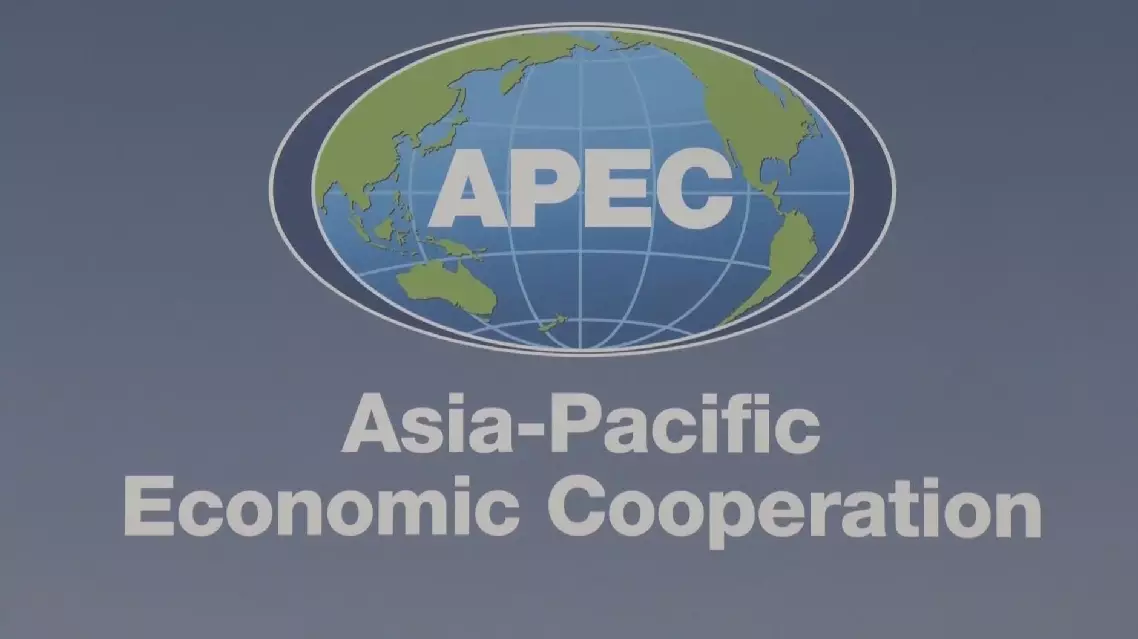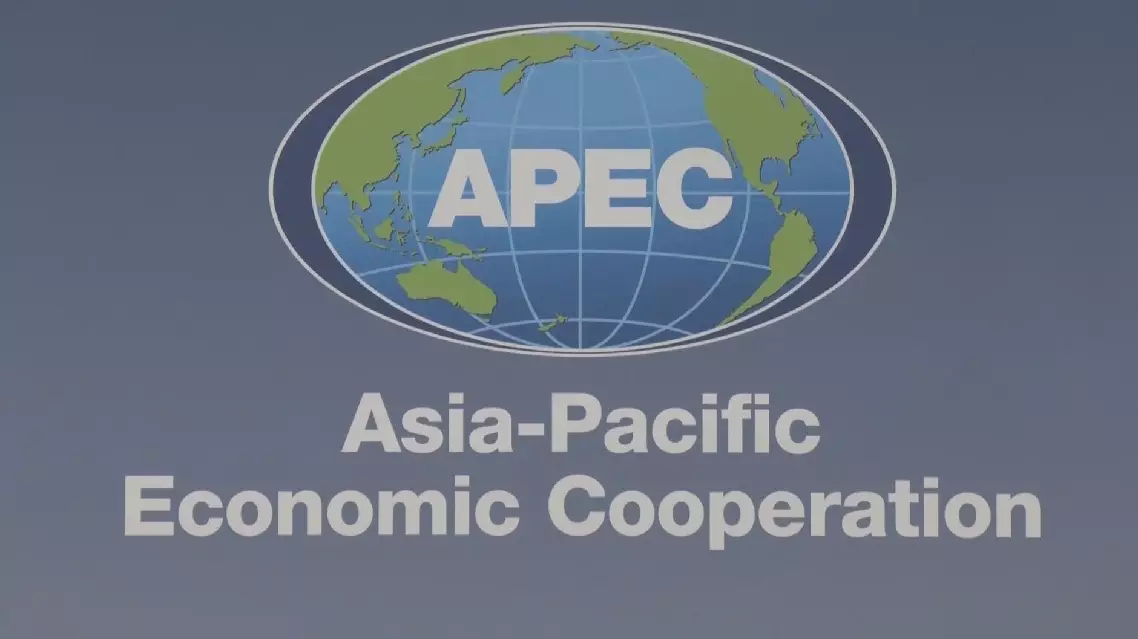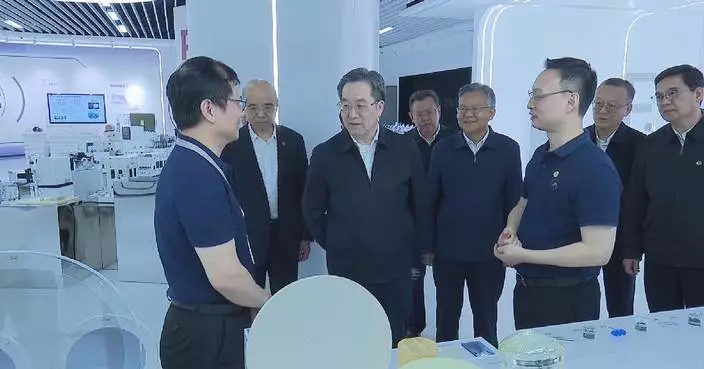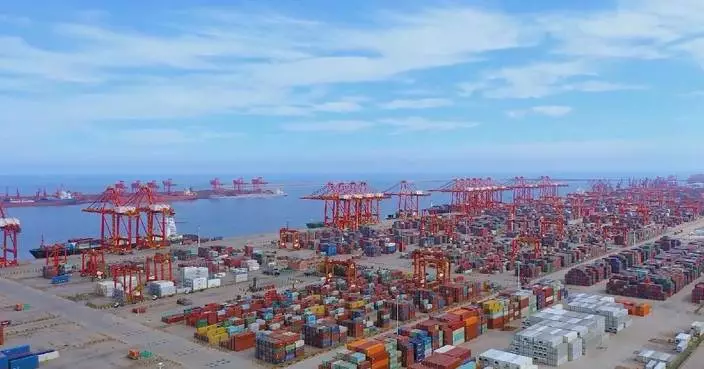The inaugural Global Food Security Summit (GFSS) was launched in Abu Dhabi of the United Arab Emirates on Tuesday, gathering scientists, tech pioneers, and other industry representatives to offer innovative and cooperative solutions to help address world hunger and promote sustainable development.
The three-day event is being co-hosted through a strategic partnership between the Abu Dhabi National Exhibition Center (ADNEC) Group and the Abu Dhabi Agriculture and Food Safety Authority.
According to a joint report released this year by five United Nations agencies, approximately 733 million people worldwide faced hunger in 2023, which means one in every 11 people globally went without sufficient food. The situation is more stark in Africa, where one in every five people struggled to get enough to eat, the report said.
In 2024, in the 71 countries where the UN World Food Programme operates and has available data, as many as 309 million people are facing acute food insecurity.
The GFSS provides an international platform to discuss these challenges and explore opportunities to enhance food security, with over 600 delegates attending and more than 80 speakers sharing their insights.
Meanwhile, the event also focuses on exploring innovative and pragmatic ways to boost long-term sustainability and many exhibitors are on-site to showcase their innovations, including one which places an emphasis on being more green and recycling discarded food items to create new products.
"In the future of kitchen, we don't have waste. What we have is different technology that can transform waste into new materials. Here we have the ritual of oysters. At the end, we have the shell as a result of the experience. This is the leftovers that we crush and we transform it with different organic materials into 3D filament," said Ignacio de Juan-Creix, head of the Future Food Museum at a food exhibition on the sidelines of the event.

Inaugural Global Food Security Summit launched in Abu Dhabi

Inaugural Global Food Security Summit launched in Abu Dhabi




















































